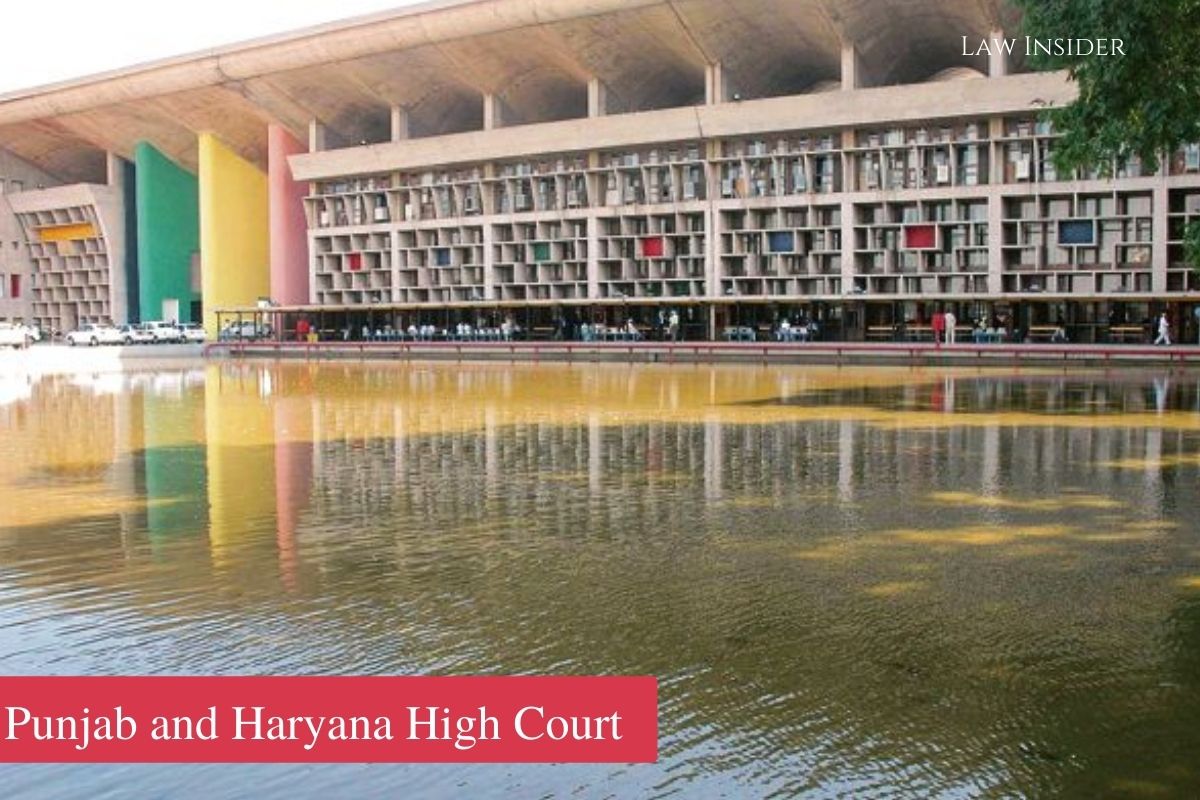LI Network
Published on: January 17, 2024 at 18:05 IST
In a significant ruling, the Punjab & Haryana High Court has emphasized that technical objections, such as limitations in filing applications for victim compensation, should not obstruct the social welfare objectives outlined in the Victim Compensation Scheme.
Justice Vinod S. Bhardwaj, while granting compensation to a gang rape victim, asserted that the benevolent nature of the scheme, designed to rehabilitate and compensate victims of atrocities, should not be hindered by technical objections related to the timing of the claim.
The court’s response came in light of a plea from a gang rape victim seeking compensation under the Punjab Victim or their Dependents Compensation Scheme, 2011.
The petitioner highlighted that despite the conviction of the accused under Section 357-A of the Code of Criminal Procedure, no compensation had been awarded. The application for compensation under the Punjab Victim or their Dependents Compensation Scheme, 2011, was denied due to a purported delay of six months, as claimed by the State.
The State’s counsel argued that the application was submitted beyond the six-month limitation from the date of the incident and was also rejected because the trial court did not recommend compensation during the conviction and sentencing of the accused.
In response, the court expressed surprise at the State’s defense, noting that the victim might have awaited compensation under Section 357-A Cr.P.C. by the trial court, leading her to approach the court after the trial Court did not award compensation.
The Court reiterated the benevolent nature of the scheme, emphasizing that technical objections based on timing should not hinder the scheme’s intended social welfare objectives.
As a result, the Court allowed the plea and directed the release of compensation under the Punjab Victim or their Dependents Compensation Scheme, 2011, within six weeks of receiving the certified copy of the order.
Case Title: X v. State of Punjab & Ors

